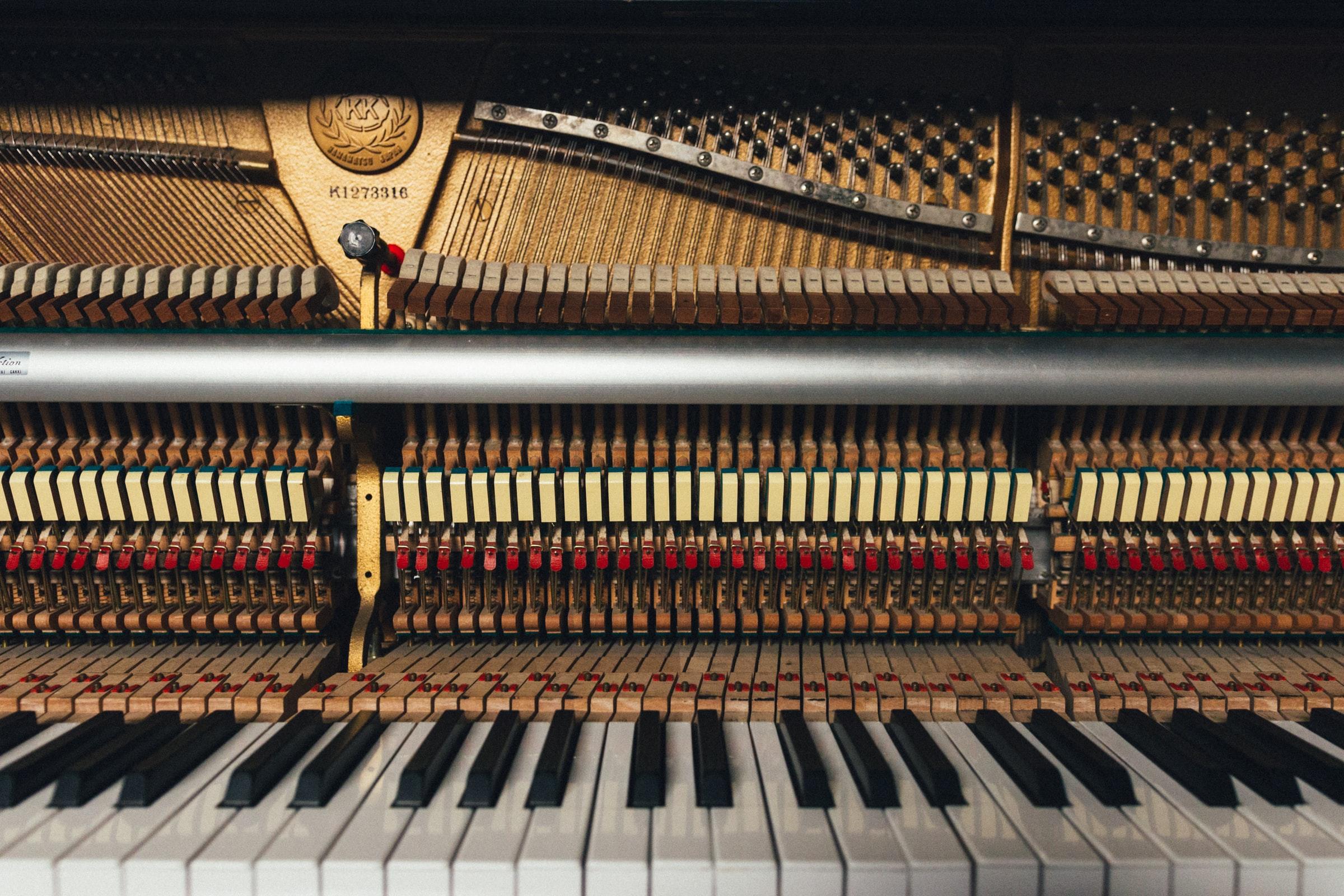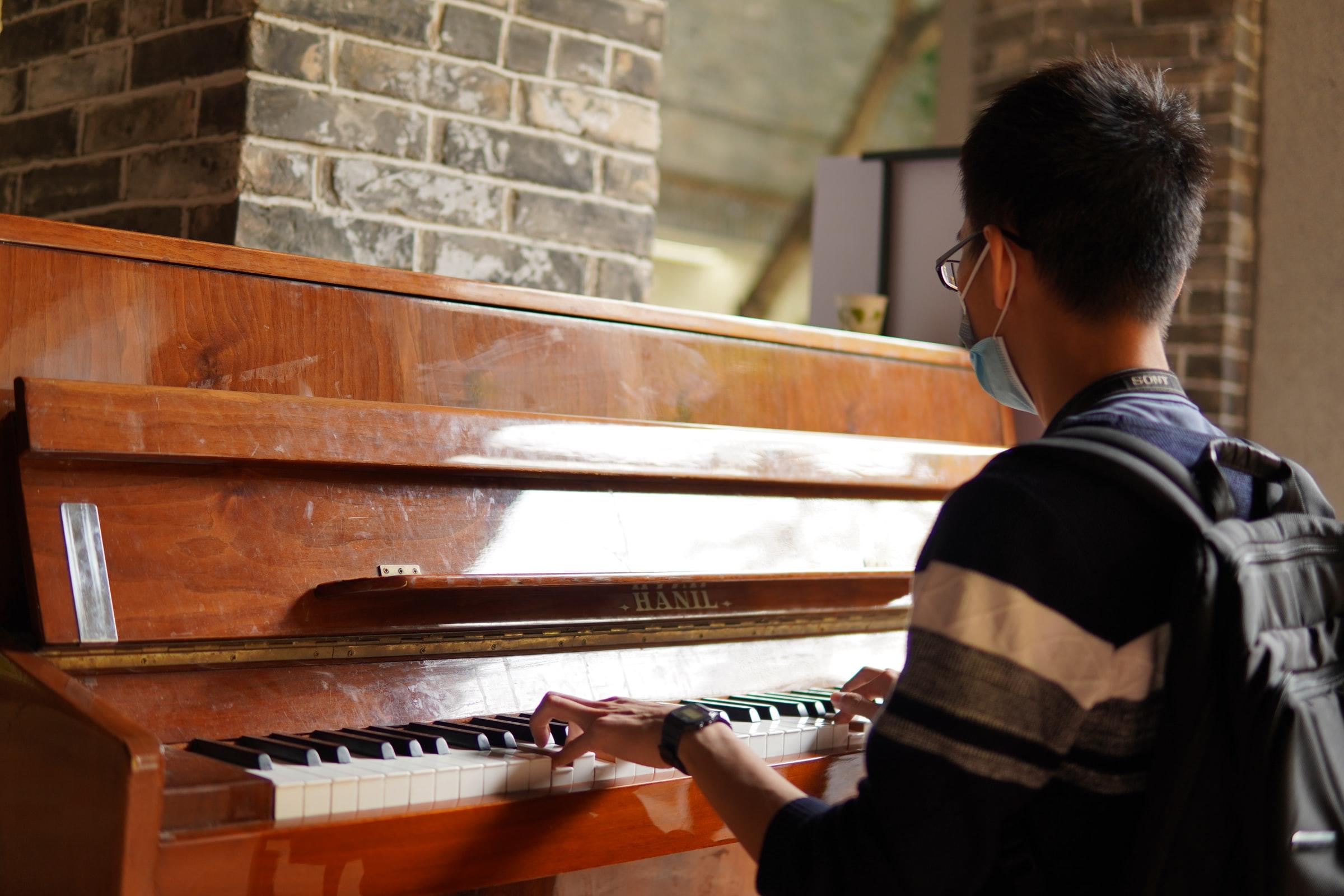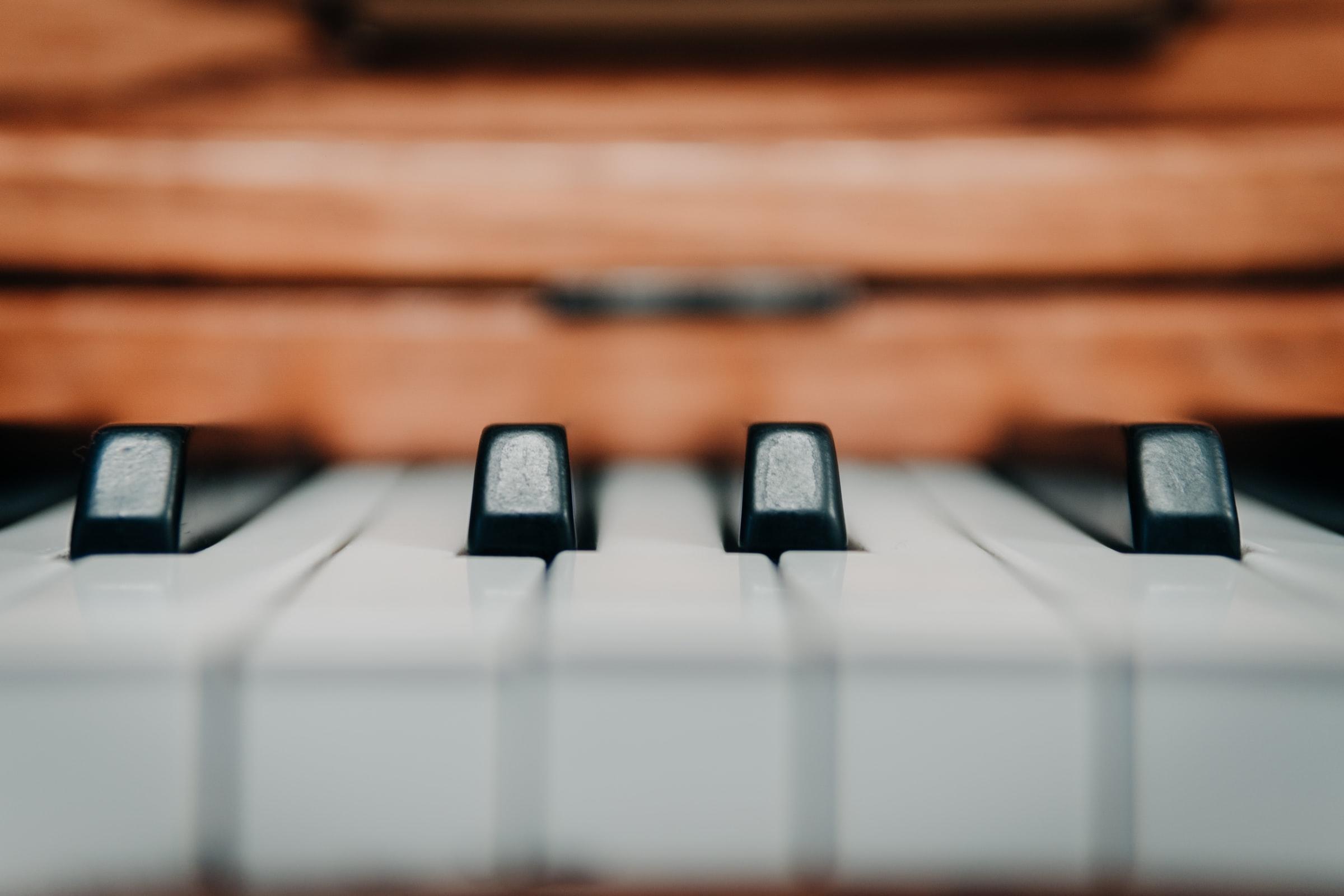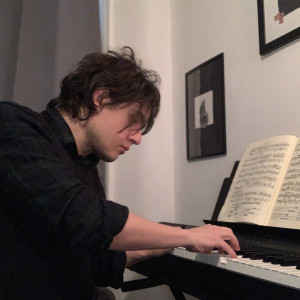"I tell my piano the things I used to tell you." -Frederic Chopin
Music may speak for us through its melodies and carefully selected tunes when frustration or stress arises and words are too difficult to use. After a long day at the office, there is no greater stress reliever than playing your favourite instrument and hearing your favourite song. For music lovers, playing an instrument is a therapeutic moment.
Although musical instruments such as the guitar, the piano, the clarinet, the trumpet, or the drums may be part of your "self-care routine", it's worth pointing out that they also need to be taken care of to function fully. How's that? Instruments need to be tuned and maintained to stay in shape.
While it may not take too much of your time to tune an instrument, it's instrumental (get it?) to play well and create pleasant music to the ears.
Therefore, without further delay, we'll take a glance at how the world's most widely played instrument, the piano, can be tuned successfully. We will also answer questions about the first steps of tuning a piano, whether a piano can be adjusted by yourself, and how often a musician should maintain and tune their instrument.
Discover piano lessons near me in Birmingham here.

Can You Tune a Piano By Yourself?

Have you started to notice that your piano is sounding out of tune? Do your favourite songs sound a little bit off and away from the magic they usually have? If so, you might have to get your piano tuned.
Tuning a piano is a process that expert piano technicians can complete fairly well. However, have you ever thought about adjusting your own piano? Is it possible? The answer is yes.
The idea of tuning your own piano is an attractive idea for budget piano learners since hiring a professional to tune your piano can cost anywhere between £50 to £200.
Although it's an extremely lengthy and complicated procedure, you can learn the basics of piano tuning and be able to tune yours when the opportunity demands.
To be able to tune a piano yourself, you'll need the following things:
- The Right Tools: since the piano is a complex musical instrument, to successfully adjust it, there are specific tools that must be purchased, such as stick mutes, a turning lever, and wedge mutes. All piano tuning tools may be purchased at music stores or online on Amazon.
- Patience: because the piano is wonderfully made and crafted, there are many different layers; therefore, to tune a piano and correctly solve all playing issues, one must exercise patience.
- A Junker Piano: having a piano that you don't care about is essential if you are learning to tune your piano since you wouldn't want your playing piano to be affected by any mistakes you make while attempting to adjust.
It would help if you remembered that tuning a piano yourself takes a lot of work and consistent effort. To become an amateur piano tuner, all you need is a few weeks of religiously watching YouTube videos or taking training sessions with experts on Superprof. However, it takes months of regular practice to tune pianos successfully at an advanced level.
But, what are the required steps to effectively tune a piano? Take a look at the following subheading to learn more!
How Do You Properly Tune a Piano?

As is the case with any technical process that demands the help of experts, it's worth stating that there are specific stages that professional piano tuners must follow to make your instrument sound majestic!
Without further delay, we'll look at the steps needed to tune a piano.
Prepare the Room
To do the best at their jobs, most piano tuners will ensure that they have set up all their tools and that the room they are tuning the piano in is as quiet as possible without any bothersome noises that could affect the tuning process.
Before starting to tune the instrument, piano tuners will clean off any excess dust and inspect the device to guarantee that there isn't any damage.
Prep and Tune Middle C
The piano tuner will attempt to identify the strings that play for middle C. Rubber mutes may be used so that the sounds of middle C are effectively heard.
Afterwards, the electric piano tuner is turned on, and tuners play the middle C piano key loudly to see what note the tuner picks up. If the piano tuner recognises that the piano keys are playing flat, the pin should be loosened or tightened. Piano tuners play the necessary notes continually as they tune.
Also, it's worth stating that though electric piano tuners are a fantastic asset, the most seasoned piano tuners can middle C and surrounding keys by ear.
Set the Pin
To "set the pin", piano players will tighten the pins and make the string hold its tune much tighter. The best way to set the pin is by tightening the key to sound slightly higher than pitch and then quickly loosening it so that it sounds precise.
Adjusting the pins will make the sounds of your keys sound just right.
Continue Tuning Other Keys
After the middle C keys have been tuned, the same methods are implemented by piano tuners to adjust the rest of the notes in the same octave from C4 to C5. The octaves and their correct sounds can be double and triple checked.
Adjust the Unison Strings
After the middle notes have been taken care of and properly tuned, it's essential to "tune the unisons" or the outer strings that play for each of those same notes. Adjusting unisons can quickly be done by ear by piano tuners.
After ensuring that all unisons in the same octave are tuned, it's time to move on to the next step.
Turn the Notes to the Correct Temperament
A piano tuner will use temperament notes to compare each note with the ones in the guide. Then, continue to tune one string at a time until the desired result is achieved.
Piano tuners have years of experience completing all of the previously mentioned steps. But, if you're attempting to tune your piano by yourself, it's worth stating that many YouTube videos provide individuals with a visual as to how pianos are tuned successfully.
Find good piano lessons London here on Superprof.
How Often Should You Tune a Piano?
While information and advice about playing techniques and tips to mastering the piano might change from one website to another, there is one piece of advice about how often you should tune your piano that is universally agreed upon. So, how often should I get my piano tuned? Every six months.
If you're an avid piano enthusiast who plays quite enough, you might want to tune your piano more often; however, most piano owners tend to agree that every six months is enough. Industry standards and piano terms of agreement ordinarily suggest that pianos need to be tuned at least twice a year so that they continue sounding pristine.
A general rule of thumb that might help you decide when to tune your piano is that when you turn off your heating in the spring and turn it on again in the Autumn, you will not be far away from needing your piano tuned.
You might ask yourself questions such as the following to determine how often your piano should be tuned:
- Where is my piano located in the house?
- Does the room where my piano is located have good airflow and temperature influx?
- How often do members of the household or I play the piano?
For optimal performance, you'll want to tune your piano more often than not.
Look out for piano lessons here on superprof
Is it Worth Tuning an Old Piano?

Buying a grand or baby grand piano is quite an investment that will set you back a few thousand pounds if you buy new. However, to make sure that your piano can be utilised for decades to come and passed on from generation to generation, it's worth stating that general maintenance must be completed to keep the piano looking bright and shiny!
General piano maintenance may include dusting the keys and cleaning the exterior parts regularly; however, piano tuning is also an indispensable aspect of piano maintenance.
But, what if your piano is quite old? Is it possible to tune it? Well, if an older piano has been properly maintained through the years, there won't be any problem adjusting it twice a year, and even though the components of the piano are older, they can still be tuned.
Nonetheless, suppose it's an older piano that was not correctly maintained and has many rusty strings. In that case, it's probably a good idea to restore or repair the damaged parts before tuning the instrument. Why's that? Adjusting older, rusty strings that haven't been stimulated in years may cause too much tension, and parts could rip and break apart easily.
So, while it is possible to tune an older piano, it's best to ensure that all parts are working effectively and don't need restoration before having the musical instrument tuned by a professional.
In conclusion, we hope you enjoyed our informative article that touches on the essential practice of tuning a piano. Happy instrument playing!
Summarise with AI:















